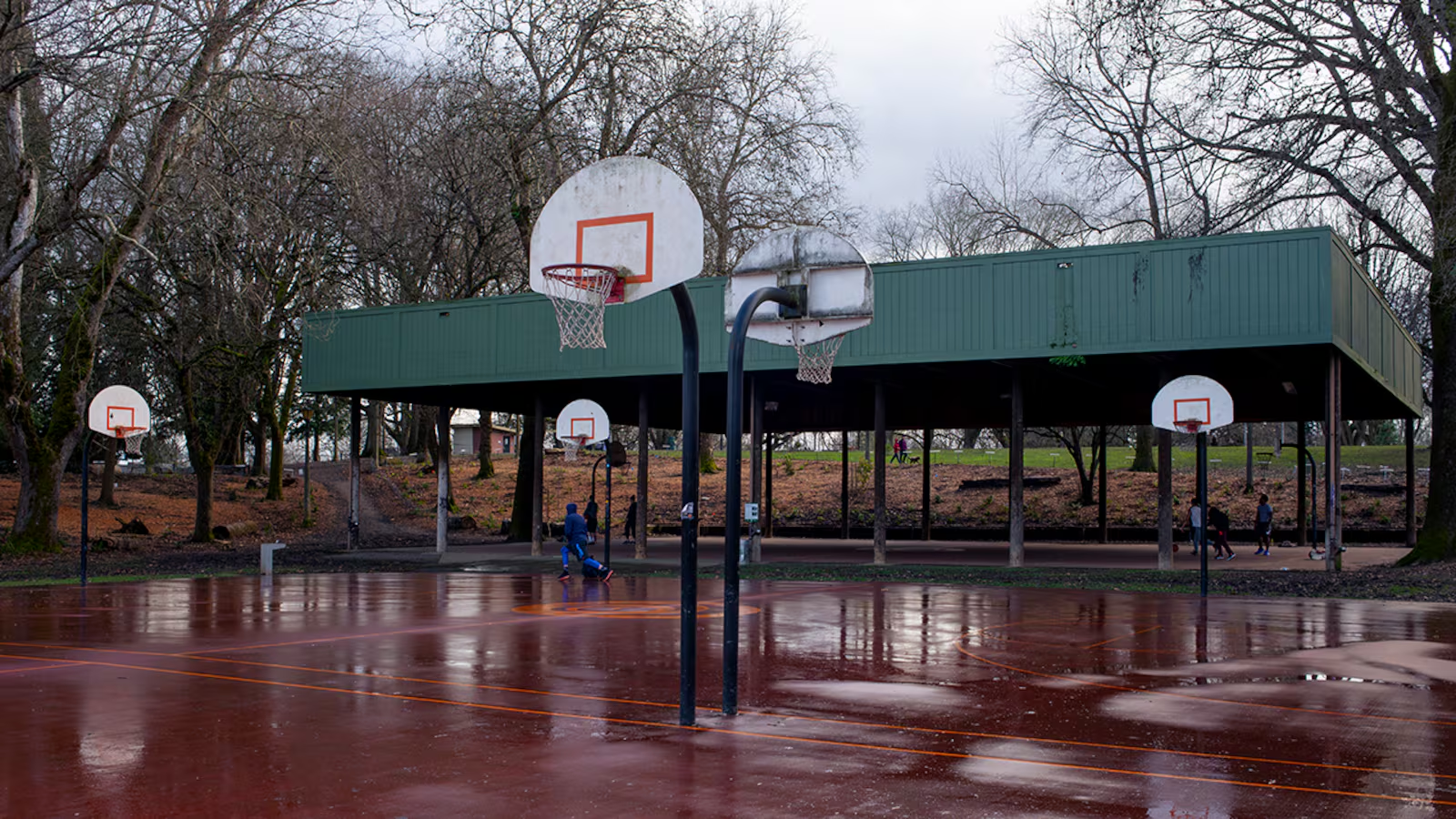PORTLAND, Ore. — At first glance, Shining Star Waldorf School in Portland’s Irvington neighborhood looks like the last place to worry about public health risks. The small private school holds classes in a church basement, hosts outdoor lessons at parks like Elk Rock Island and Kelley Point Park, and celebrates community traditions such as its annual “festival of the bees,” where families sell beeswax and honey to raise funds.
But behind the wholesome image lies a troubling statistic: Shining Star has the highest rate of vaccine exemptions in Portland. According to state records, 57 of its 84 students have opted out of required immunizations on religious or philosophical grounds.
Oregon’s High Exemption Rates
Oregon leads the nation in philosophical exemptions to vaccines. State data reviewed in 2014 showed that refusal to vaccinate is most common in the state’s wealthiest neighborhoods.
Also Read
All 10 schools with the highest rates of non-medical exemptions are private or public charter institutions, many with alternative or progressive educational models such as Waldorf or Montessori.
Shining Star staff declined to advocate for or against vaccines. “In regard to vaccines, we remain neutral,” said office manager Susie Martin. “We are not part of the decision process.”
Parents Divided
Some parents insist fears are exaggerated. Rose Brooks, a former nurse at Oregon Health & Science University, sends her three immunized children to Shining Star but says she respects other families’ choices.
“I’m not worried for my children today, coming to school,” Brooks said. “I’m well aware of the public health implications of not vaccinating. But it feels oversimplified to say, ‘I know what’s best for you.’”
Public health officials, however, see the trend differently. Susan Wickstrom, a spokeswoman for the Oregon Health Authority who spent months visiting high-exemption schools in 2012, described the typical vaccine-hesitant parent as affluent, white, and well-educated.
“Some of them think getting the disease is healthier than getting the vaccination,” Wickstrom said, warning that those misconceptions create a real risk for outbreaks.
Public Health Concerns
The issue gained national attention after a measles outbreak linked to Disneyland spread across several states. Physicians worry that communities with high exemption rates could fuel a resurgence of diseases like measles, mumps, and rubella, which were once nearly eliminated in the United States.
Although some families who claim exemptions may still vaccinate their children on a delayed schedule, clusters of unvaccinated students increase the risk of outbreaks in schools.
Socioeconomic Divide
Interestingly, schools with the highest vaccination rates are often located in East Portland neighborhoods where families face higher levels of poverty. Experts say this contrast highlights how privilege influences health choices. Families with greater access to healthcare sometimes view vaccination as optional, while lower-income communities are more likely to follow public health guidance.
Legislative Response
The growing concern has caught the attention of lawmakers. State Sen. Elizabeth Steiner Hayward (D-Portland/Beaverton) recently introduced legislation that would eliminate non-medical exemptions for school vaccinations.
“They need to be challenged,” Steiner Hayward said, noting that many of her constituents come from the same affluent neighborhoods with high exemption rates. “People of more affluent lifestyles have been buffered from the effects of poor medical care. I’m a firm supporter of a healthy diet and a natural lifestyle. But none of those things will protect you from the measles.”
If passed, her proposal would bring Oregon in line with states like California, where only medical exemptions are allowed.
A Community at a Crossroads
The debate over vaccines at private and charter schools like Shining Star highlights a deeper conflict between individual choice and community responsibility. While some families view opting out as a personal right, public health officials warn the practice risks reversing decades of progress against preventable childhood diseases.
For now, Oregon remains one of the few states where parents can still choose not to vaccinate for philosophical reasons — a policy that may soon face its toughest test yet.












